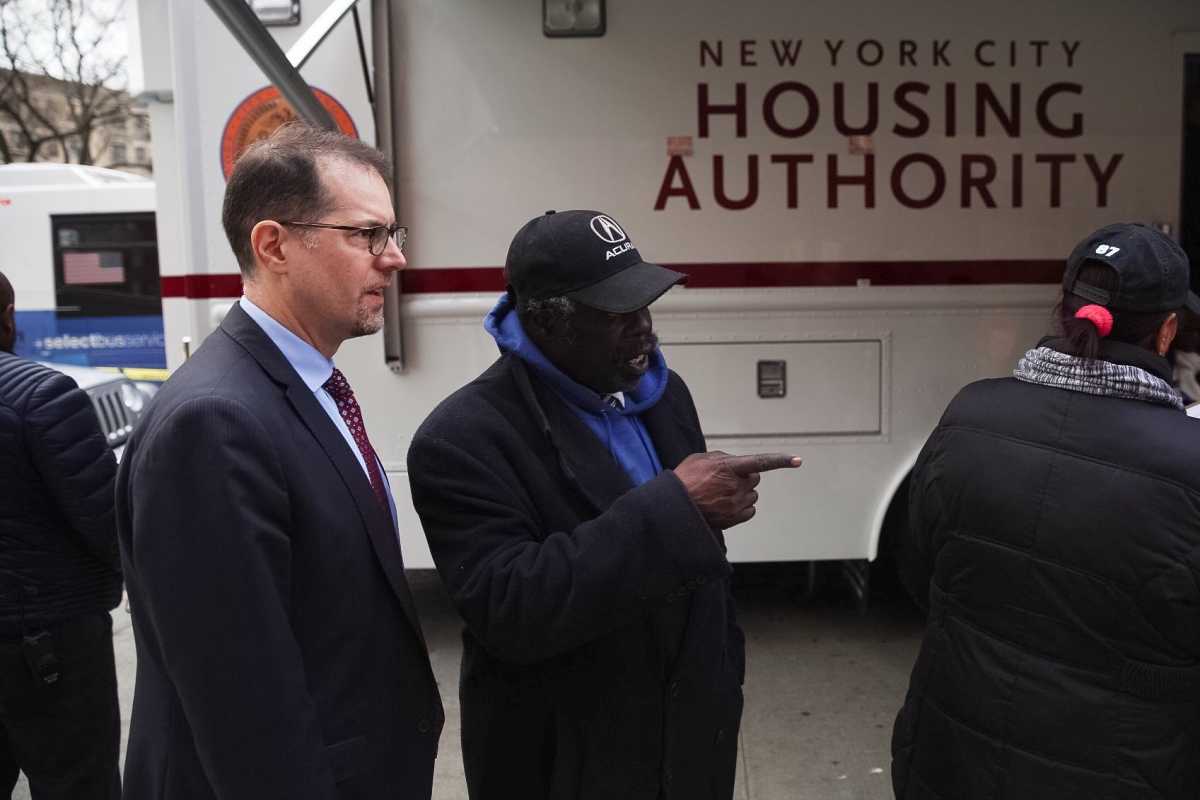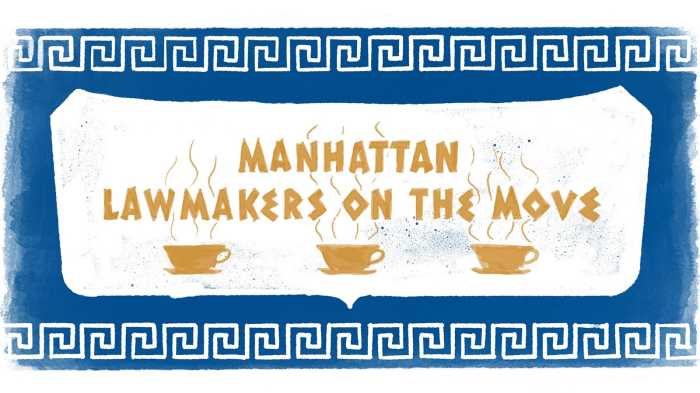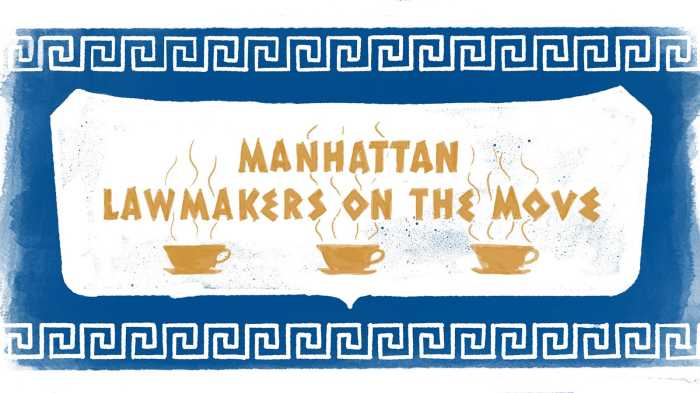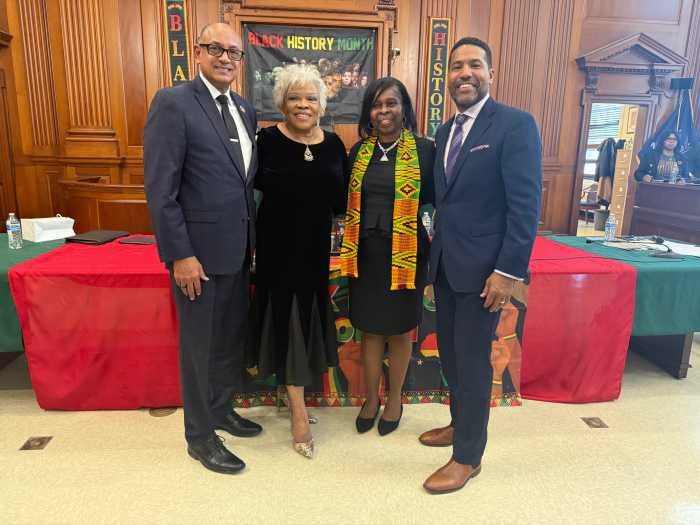In the early stages of the COVID-19 crisis, Governor Andrew Cuomo (D) enacted a moratorium on evictions, to protect New Yorkers who were struggling to pay rent as a result of the pandemic and lockdown. In May, he extended the moratorium to last until August via an Executive Order.
The problem? It’s now August, and the lifeline is coming to an end.
Last Monday, Councilmember Mark Levine (D-Manhattan Valley, Manhattanville) hosted a virtual town hall on New York housing in the COVID-19 era. Joining him were Rodrigo Sanchez-Camus and Kimberly Warner of the Northern Manhattan Improvement Corporation (NMIC).
“Tonight, our focus is on housing, on tenants’ rights, and the challenge that we know working families in our city are facing right now amid an unprecedented economic crisis,” said Levine.
As Warner explained, the State has provided tenants with a two-layered protection against evictions in this time of crisis. The first layer is the aforementioned eviction moratorium, which expires tomorrow. The second is the Tenant Safe Harbor Act; the act, which Cuomo signed on June 30, bars landlords from issuing evictions or possessory judgments against tenants who has suffered financial hardship as a result of the pandemic. The latter protection has no set expiration date; instead, it lasts as long as there are any COVID-related restrictions in place within the tenant’s neighborhood.
But the Tenant Safe Harbor Act, while helpful, comes with a major caveat. Unlike the moratorium – which applies to everyone – the Tenant Safe Harbor Act only applies to renters who suffered demonstrable financial hardship as a result of COVID-19. This means that renters will often have to provide proof of loss to their landlords in order to exempt themselves.
On the positive side, the law doesn’t strictly define the type of loss that qualifies tenants for exemption.
“They left it purposely vague, probably,” said Warner. “There hasn’t been any guidance from the court. So there could be other circumstances; it doesn’t specifically have to be lost income, but some financial hardship due to COVID. If you have a family member that lost income, if you lost your job, if you had COVID-19 and were hospitalized… there are a variety of circumstances in which you could show financial hardship.”
However, Sanchez-Camus warned New Yorkers to exercise caution regarding which documents they turn over to their landlords; in some situations, you could be giving your landlord information that they could use against you.
“I don’t wanna say that every landlord’s evil,” said Sanchez-Camus. “But I do think that there are landlords out there who will attempt to get information to use against you. So be careful what you turn over; if you’re unsure, reach out to somebody like us.”
The NMIC representatives also stressed that, while not all tenants enjoy protection under the Tenant Safe Harbor Act, this doesn’t mean that there’s no recourse for tenants who don’t. There exist programs that can help New Yorkers who fall through the cracks; for instance, they can apply for “one-shots”, or emergency grants, via the New York Human Resources Administration (HRA). Notably, since the pandemic arrived in New York, HRA has enabled renters to apply for one-shots online.
“HRA has done a great job with Access HRA, for folks to start one-shot deal applications remotely,” said Sanchez-Camus. “This was something that never existed before COVID, and all those applications used to have to be done in-person.”
But if you’re facing the threat of eviction, they said, your best option is to contact a lawyer. Depending on your circumstances, you may qualify for a free defense attorney under the City’s Right to Counsel (RTC) program. According to Sanchez-Camus, the City has made it easier to qualify for RTC since the pandemic began.
“If you’re unsure whether you qualify for Right to Counsel, don’t overthink it; reach out,” said Sanchez-Camus. “There’s increasing flexibility, and they’ve loosened the restrictions based on where you live and how much you earn. When in doubt, reach out, and ask for assistance under the Right to Counsel program. Ask for an attorney to represent you.”








